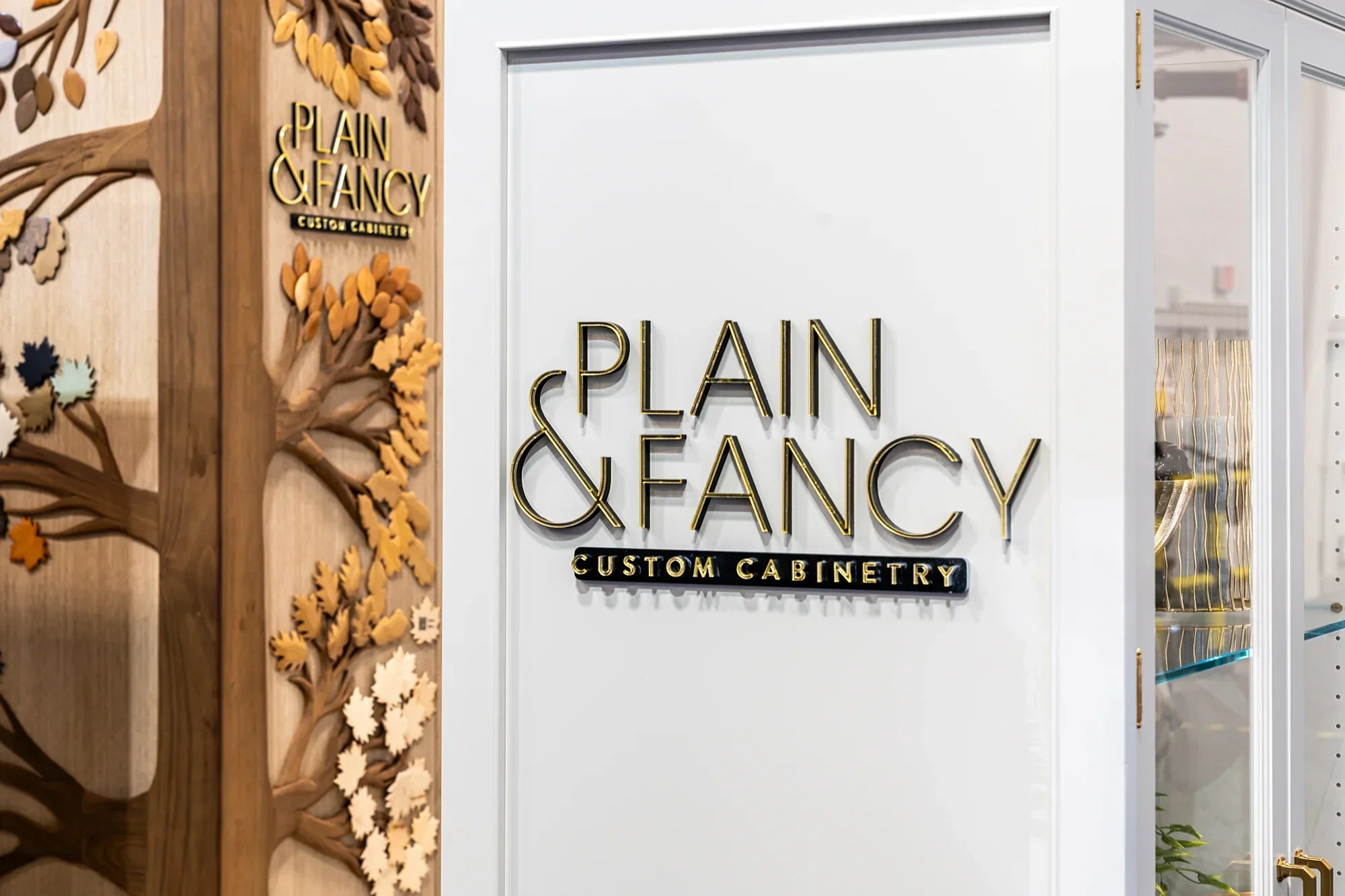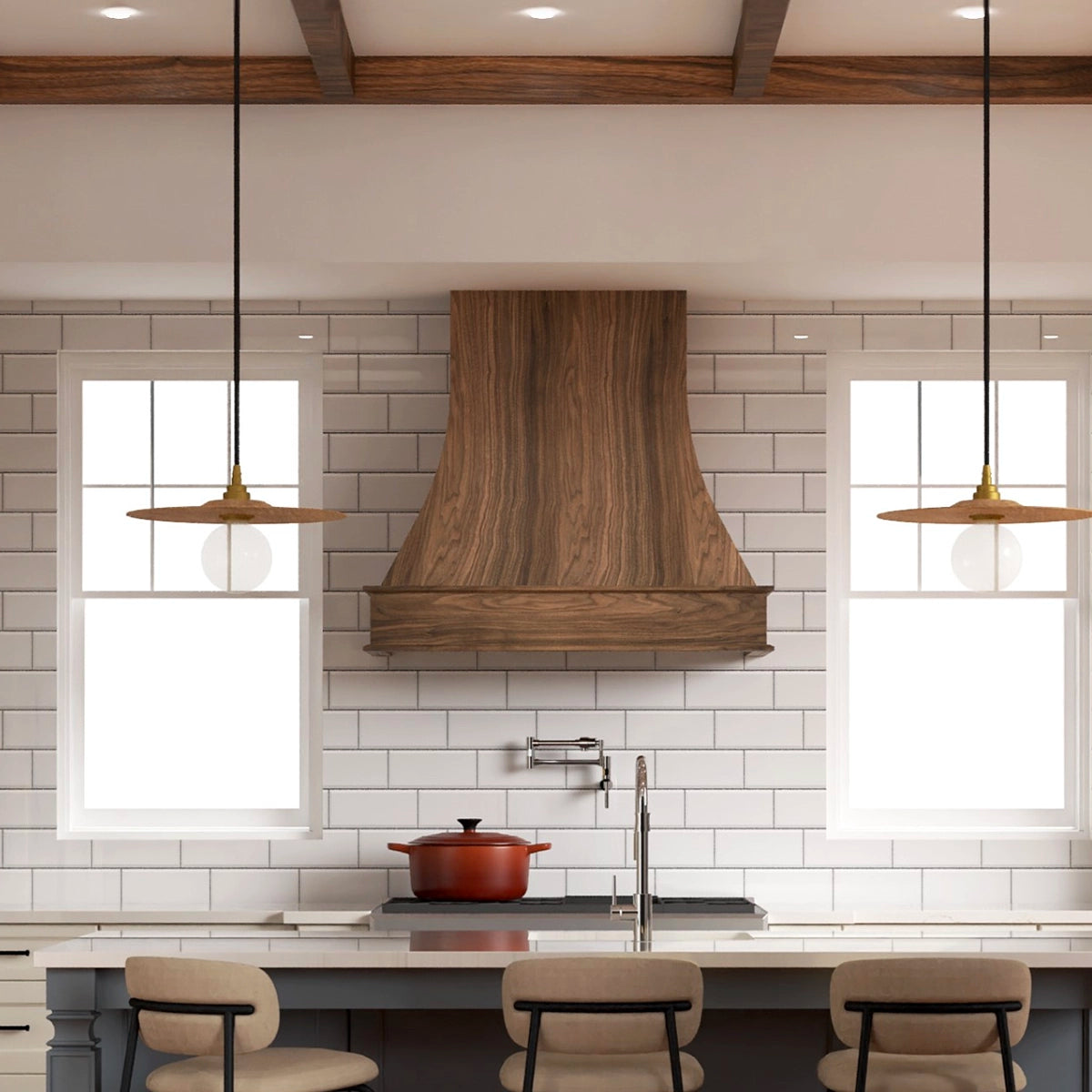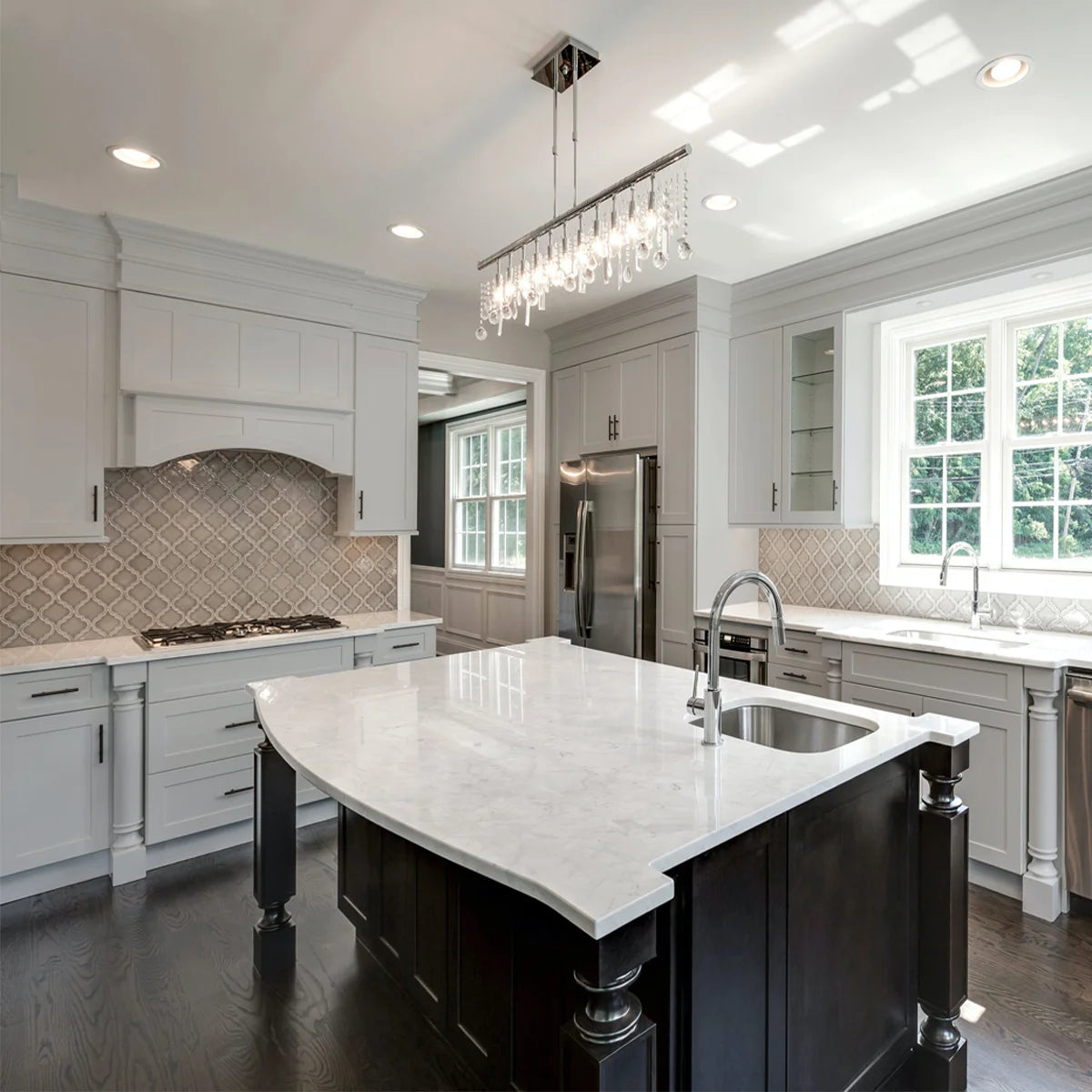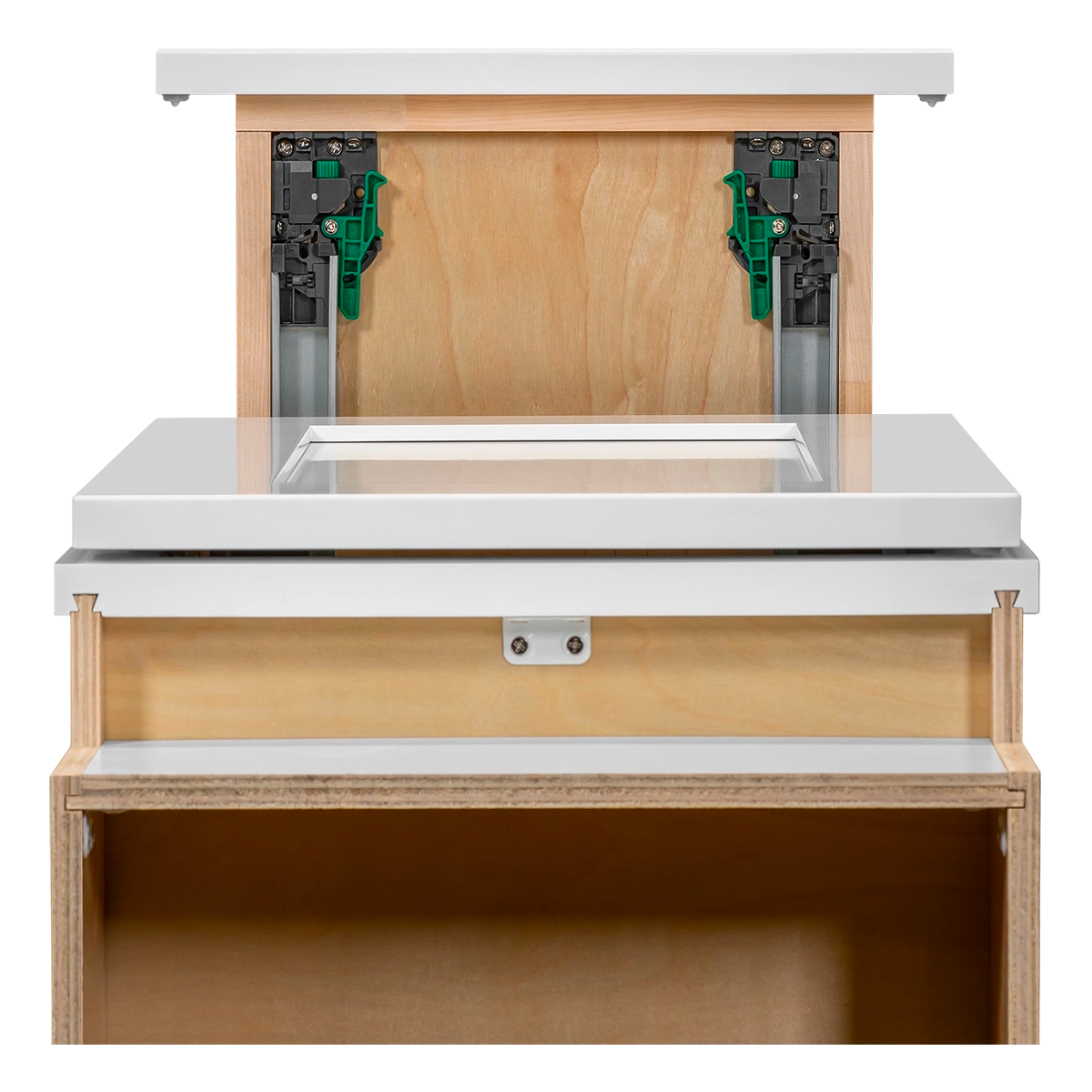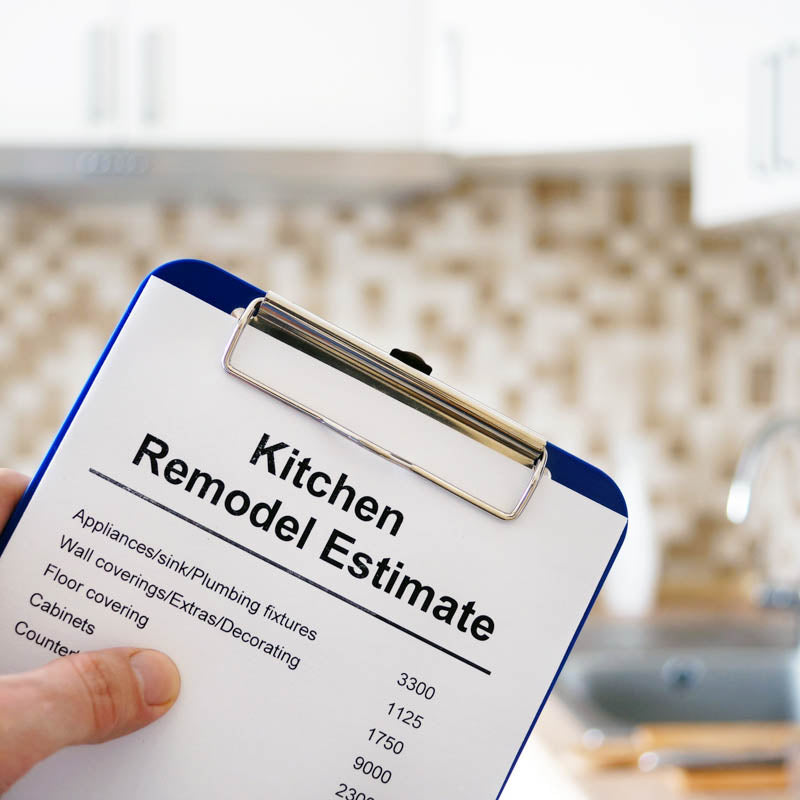
Home remodels often go over budget. You may plan on spending a certain amount, but unexpected situations arise. Before you know it, you are spending hundreds or even thousands more than you anticipated.
Fortunately, there are ways to keep your project running smoothly, so you don’t spend more than you budgeted for. This article will present a few suggestions.
Plan Carefully in Advance
Careful planning will keep you on budget. Decide how much you are going to spend. Then sit down with your designers and contractors to determine how each part of the task will be executed and the materials to be used. This will keep you from dealing with unexpected expenses.
Combine Projects
Combining projects is a good way to save money. For example, if you are getting hardwood flooring installed in your dining room, you may also consider installing it in your kitchen. This will cost less than having both projects done separately.
Communication is Key
Overages often occur because of poor communication. If designers or contractors aren’t clear on your needs, work may need to be redone, leading to additional time and expenses. In today’s age of technology, digital communication can easily be misinterpreted. It’s better to get on the phone… or, better yet, send a picture.
Budget for Additional Expenses
Additional expenses are likely to arise no matter how carefully you plan. Your contractor may find something in your building structure leading to unforeseen delays. Or you may discover you need a permit that no one realized would be required.
The best way to handle unpleasant surprises is to budget for them in advance, ensuring all work is covered and completed as planned.
Get Exact Prices
Sticker shock is a common occurrence when you get your contractor bill. You can eliminate sticker shock by getting an exact breakdown of pricing, including delivery fees, taxes, and more.
Make Compromises if Necessary
If your budget is stretched, make compromises. Less expensive materials will save you money. Buy used instead of new to stay within budget.
Pitch in if You Can
You can save money by pitching in. For example, you may be able to do some tiling or painting work to cut back on expenses. Even if you are not handy, you can clean up after crews are done for the day, eliminating the contractor’s cleaning fees.
Keep Track of Expenses
You may have a detailed budget and have planned everything out in advance. But you can still go over if you’re not careful. Keeping track of expenses will help you stay on top of details so you can catch issues before things get out of control.
Work with the Right Contractor
The right contractor will provide you with transparent pricing. They will communicate with you ensuring you are aware of your expenses. They will see to it that sticker shock does not occur.




